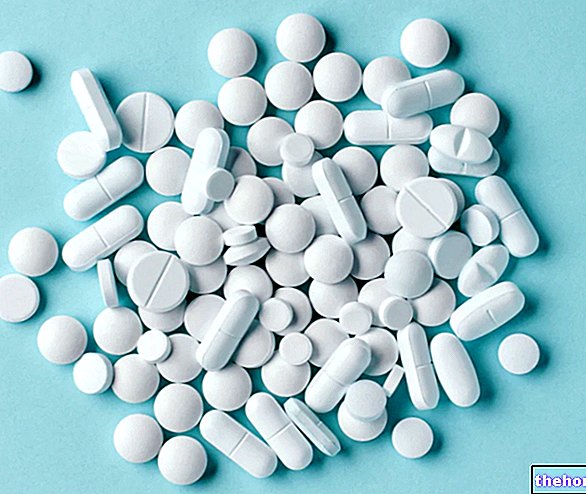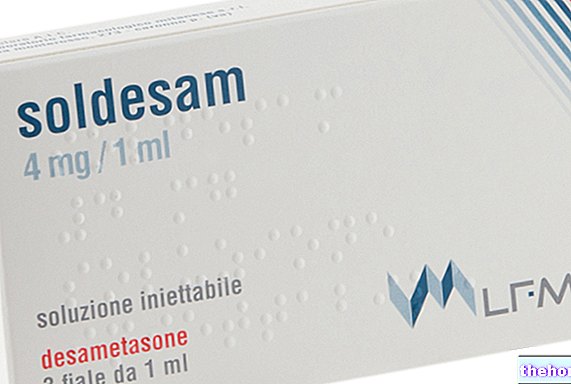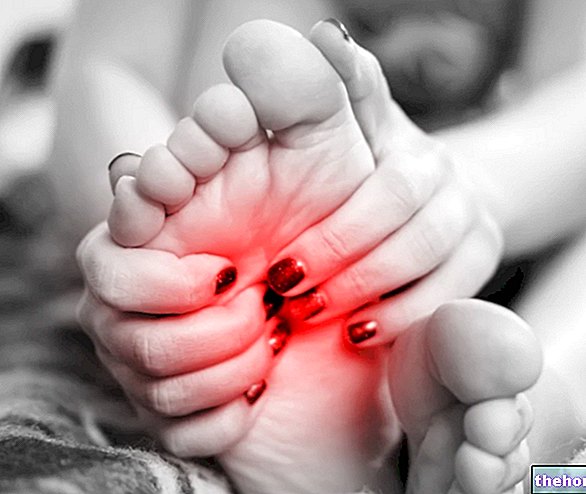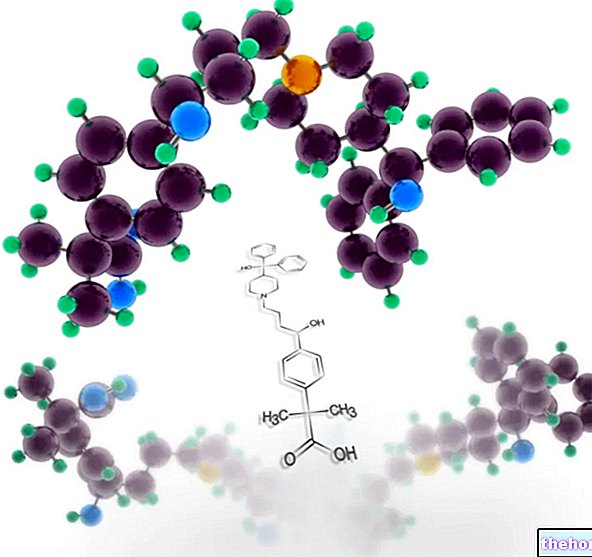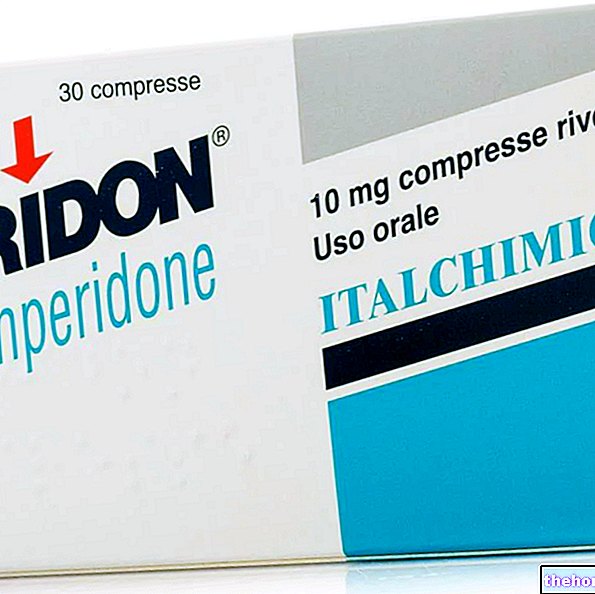Definition
Along with chlamydia and gonorrhea, Trichomoniasis is one of the most common sexually transmitted diseases: it is an infection caused by a protozoan.
Causes
Trichomonas vaginalis it is the only causative agent responsible for trichomoniasis: the contagion can occur by sexual contact or by the maternal-fetal route (passage of the newborn through the birth canal).
Symptoms
In men, trichomoniasis is only rarely symptomatic: in any case, the affected male complains of the typical symptoms of urethritis; episodes of balanitis, balanoposthitis and postitis are possible. In women, however, trichomoniasis begins with vulvar burning and itching, cervicitis, dyspareunia, pain during urination and abnormal vaginal discharge (yellowish or greenish, foul-smelling, foamy). Degeneration of the disease with increased number of urinations, bacteriuria, foul-smelling and / or bloody urine is also possible.
The information on Trichomoniasis - Medicines for the Treatment of Trichomoniasis is not intended to replace the direct relationship between health professional and patient. Always consult your doctor and / or specialist before taking Trichomoniasis - Medicines to Treat Trichomoniasis.
Medicines
Although trichomoniasis is asymptomatic for most of the affected patients, it is still necessary and indispensable to treat it promptly with targeted drugs; if you have unprotected sexual intercourse with subjects at risk, it is good practice to undergo a specific control examination.
The following are the classes of drugs most used in the therapy against trichomoniasis, and some examples of pharmacological specialties; it is up to the doctor to choose the most suitable active ingredient and dosage for the patient, based on the severity of the disease, the state of health of the patient and his response to treatment:
Nitroimidazoles: these are certainly the drugs of choice for the treatment of trichomoniasis, useful not only for the remission of symptoms (when present) but also and above all for the definitive cure of the infection. It should be noted, however, that relapses are possible events when the disease is poorly treated, when the sexual partner does not undergo the same treatment (even when he does not complain of any appreciable symptoms, he can transmit the infection), when contraceptive methods are not used barrier (e.g. condom).
- METRONIDAZOLE (eg Flagyl, Metronid, Deflamon): it is recommended to take 2 grams of the drug orally once a day, or 500 mg twice a day for a week; alternatively, take 375 mg twice daily for 7 days as directed by your doctor. In the case of pediatric trichomoniasis, it is recommended to take orally 15-30 mg of active ingredient per kilo of body weight, divided into 3 doses (one dose every 8 hours), for one week. For adolescents, the recommended dosage is the same as for adults. The sexual partner must also undergo treatment.
- Tinidazole (eg. Trimonase, Fasigin-N): it is recommended to take 2 grams of the drug orally on a full stomach. The duration of the treatment must be established by the doctor treated; in any case, in most cases, the therapy must be continued for 7 days. The drug, administered orally, is concentrated at the urogenital level, where it carries out its therapeutic activity. The sexual partner must also undergo drug treatment.
Complete abstention from sexual intercourse is recommended as long as the drug has exerted its therapeutic action against Trichomonas vaginalis, and until the complete remission of symptoms.

